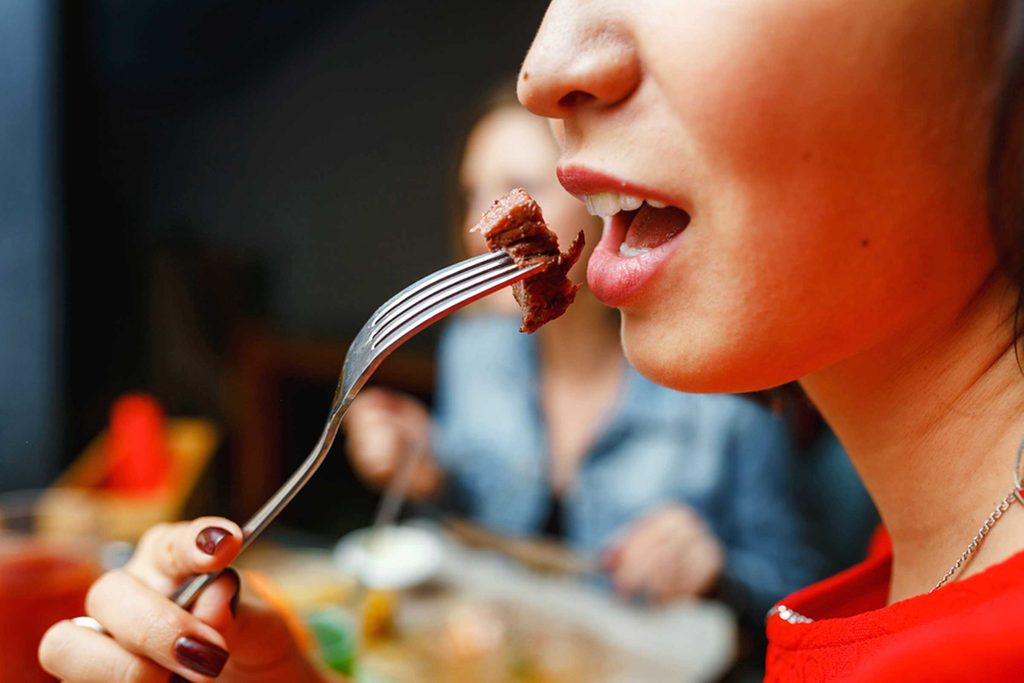This Is Why You Should Never, Ever Eat Late, According to Science
Updated: Jun. 28, 2017
Your late-night eating could be giving you more than bad dreams: It may be wrecking your health.
 The verdict is finally in on late-night snacking: After decades of scientific back and forth, new findings from researchers at the Perelman School of Medicine at the University of Pennsylvania suggests that restricting your eating to earlier in the day could be one of the most important healthy dieting tips you follow.
The verdict is finally in on late-night snacking: After decades of scientific back and forth, new findings from researchers at the Perelman School of Medicine at the University of Pennsylvania suggests that restricting your eating to earlier in the day could be one of the most important healthy dieting tips you follow.
The ongoing study, reported in a Penn University news release, found that compared to shutting down the kitchen in the early evening, raiding the fridge after hours negatively impacts your weight, fat metabolism, and markers for heart disease and diabetes.
For two months, researchers asked nine healthy adults to eat three meals and two snacks daily between 8 a.m. and 7 p.m. The volunteers took a couple of weeks off from the study, then returned to follow a delayed-eating pattern that limited their meals and snacks between the hours of noon and 11 p.m.
Analyzing changes in the participants’ weight, metabolism and calorie burn, the researchers found that when the group ate later in the day, their weight, insulin, fasting glucose, cholesterol, and triglyceride levels worsened. Also troubling was the volunteers hormonal shifts: The later eating shift led to delayed spikes in the appetite-stimulating hormone ghrelin, slowing the release of leptin, the hormone that signals fullness; the opposite was true for the daytime eating plan. The implication is that eating earlier in the day actually helps prevent eating late at night—a habit that appears to be really bad for you!
“We know from our sleep-loss studies that when you’re sleep deprived, it negatively affects weight and metabolism in part due to late-night eating, but now these early findings, which control for sleep, give a more comprehensive picture of the benefits of eating earlier in the day,” says the study’s lead author Namni Goel, PhD. “Eating later can promote a negative profile of weight, energy, and hormone markers—such as higher glucose and insulin, which are implicated in diabetes, and cholesterol and triglycerides, which are linked with cardiovascular problems and other health conditions.” (And when it comes to what you eat, make sure you ditch these foods to keep your heart healthy.)